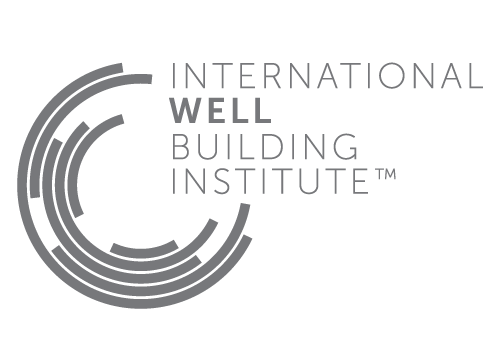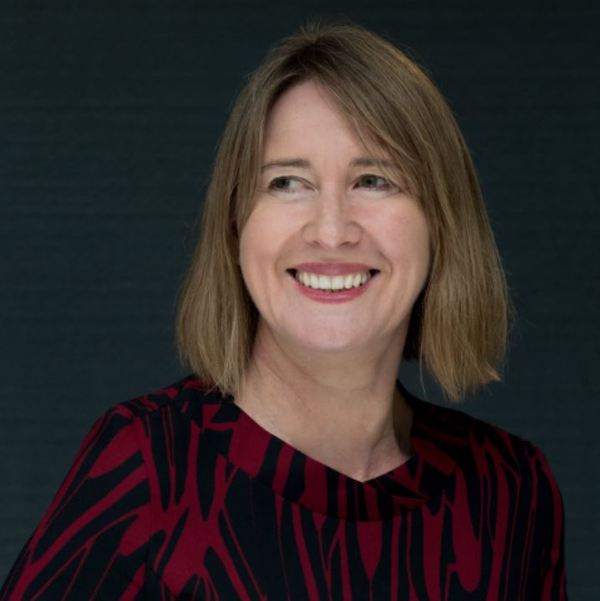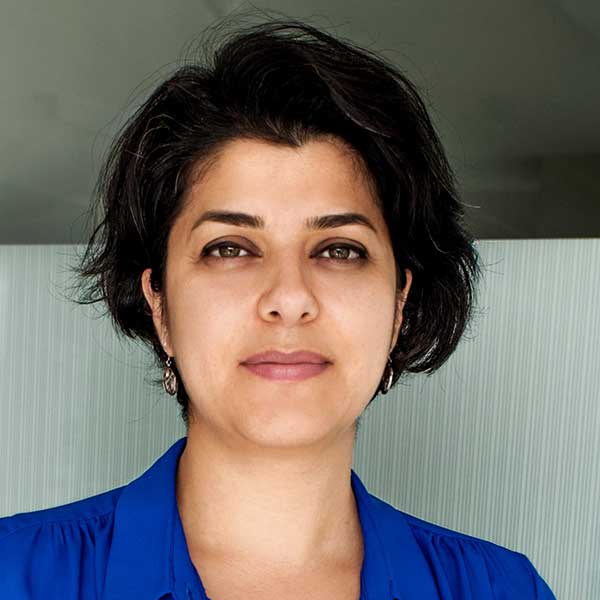Sustainable and Healthy Environments Lab
A lab specialised in developing applied research aimed at understanding how the built environment can improve sustainability and health through the design of high performance spaces.
The Sustainable and Healthy Environments (SHE) Lab is a hub of knowledge and research supporting cross-disciplinary innovation and collaboration between researchers, industry professionals, and the community more broadly. The Lab advances research success through enhanced cross-disciplinary partnerships and emphasis on translation and impact.
The SHE Lab’s streams of research in sustainability, energy efficiency, adaptation and mitigation are focused on addressing wicked climate change-induced challenges. The SHE Lab’s streams of research in health are focused on how spaces and organisations can improve people’s health and wellbeing with an emphasis on the design of high-performance environments that support healthy lives and lifestyles.
The SHE Lab is the only cluster of its kind in the Global South in terms of engagement with international and national certification and rating tools that are adopted by the industry at large scale globally. Sustained contributions to the International WELL Building Institute (IWBI), Green Building Council of Australia (IWBI) and National Australian Building Rating System (NABERS). Combined, building and indoor environment performance from these tools are adopted by certified projects in five continents.
Key topics of expertise and interest include:
- Resilience and climate adaptation: advancing knowledge on resilience considerations and climate-related risks relevant to people, places and organisations
- Indoor Environmental Quality: evaluating the performance and experience of indoor environments and its impact on occupants’ comfort and health
- Post-Occupancy Evaluation: developing and deploying user-centred methodologies to link the design and performance of spaces from occupants’ perspective
- Interior, biophilic, active and universal design: understanding how spaces can be designed to deliver comfortable, accessible, inclusive and healthy environments to all
- New ways of working, learning, and designing spaces: understanding how spaces can be designed to support work and learning for people and organisations
- High-performance buildings and operations: leveraging design, performance and retrofit solutions that can deliver high-performance environments
- Building codes, standards and certification: challenging and helping shape building and certification in Australia and the Global South
- Building simulation and modelling: using building simulation and modelling to improve the design, performance and experience of spaces
- Data analytics and sensing technology: deploying novel data techniques and sensing technology to evaluate and predict built environment performance and influence the design and experience of spaces
The SHE Lab is also a strategic hub for academic progression and capacity building in the built environment field in Australia and the Global South more broadly. The Pilotfish program is designed to support Early Career Academics from diverse backgrounds to shape their research program and narrative. The Pilotfish program has supported several ECAs to achieve academic promotion and/or full-time academic position placement in Australia and overseas.
Research projects
-
The post-COVID workplace: are (unhealthy) offices at risk of extinction?
The pandemic forced workers to experience the good, the bad and the ugly of working away from offices – and the evidence indicates most are finding it difficult to revert to pre-COVID working arrangements.
- Post-COVID workplace
-
Supporting Social Capital in an Omni-Channel Workforce
This project investigates the emotional dimensions of social capital from occupant and organisational perspectives.
- Flexible working, Employee effectiveness and satisfaction
-
Designing Learning Spaces for Diversity, Inclusion and Participation – Pilot Project
In Australia and internationally, evidence-based school facility design has not kept pace with inclusive education policies and agendas during past decades.
- Learning Spaces, Diversity
- Inclusion and Participation
-
A validation study of damp and mould exposure in Australian homes?
The project investigates the nexus between housing and health over the life course and health benefits.
- Housing effects on health, Impacts of mould on residential condition
-
Future of Work
This project tracks the mix of organisational and physical workplace changes already implemented, changes being considered or tested, changes in employee’s sentiments and experiences.
- Future of Work, Work from home
-
Next Gen workshops
Following the continued evolution of organisations and workplaces to hybrid working models post 2020, this project builds on the Future of Work dataset capturing longitudinal snapshots in time of the changing workplace landscape form the perspectives of those newest to the workforce – Gen Z.
- Hybrid working, Workforce – Gen Z
- Future workplace
-
Living Lab
The Living Lab project focuses on consolidating spaces as research ecosystems where short- and long-term investigations can take place.
- Living Lab, Sensing technology
- Learning environment
-
From business case to return on investment – what’s working WELL in Australian workplaces?
This proposal aims to advance knowledge in this field by exploring the links in the relationship between the organisational financial decisions and healthy workspaces by identifying, quantifying, and analysing the impacts, if any, of healthy workspace’s implementation (through WELL Certification) in corporate Australia.
- WELL building certification, Organisational financial decisions and healthy workspaces
- Corporate Australia
-
The Impact of physical Environment on human behaviours and the role it plays in corporate decision making
This research seeks to demonstrate and increase the value of the workplace by closing gaps in our understanding of the impact of space on human feelings and behaviours.
- Post-COVID Workplace, Impact of space on human feelings
-
Indoor Comfort of Old Residential Buildings
The aim of this research is to collect crucial data of indoor thermal comfort in old residential buildings to inform the decisions of the sale and rental prices of these buildings.
- Indoor Comfort, Old Residential Buildings
-
Umbrellas & Shelters for Urban and Building Hacking
REUSE, WASTE, REPAIR strategies.
- Waste materials
-
Architectural Acoustics
This research project aims to produce a theoretical framework for pedagogical approaches, research principles and computational tools for performance-based design focusing on architectural acoustics and structural behaviour, as both aspects are seen as opportunities for creativity rather than an obstacle to design imagination.
- Acoustics , Performance-based design
-
Advancing new home sustainability through demand-side empowerment
Investigating homebuyer decision-making. Monitoring of energy efficiency and sustainability communication on volume home builder websites and social media.
- Home sustainability
-
SHE Post-Occupancy Evaluation survey
SHE is a powerful data collection vehicle feeding ongoing research projects about the performance of spaces from the occupants’ perspective now and in the future.
- Post-Occupancy Evaluation
-
Designing Offices Well (DOWell)
Improving workers’ productivity, satisfaction and health through evidence-based design
- Design, performance and experience of spaces
- Workplaces
-
Evaluating how we work during COVID-19
This project aims to collect relevant information about working arrangements during the COVID-19 pandemic. Results will identify key challenges faced by workers during the pandemic and inform strategies post-2020.
- Design, performance and experience of spaces
- Workplaces
-
Liveable precincts
This project evaluates key challenges and opportunities regarding the design of employment precincts, including sustainability and health outcomes relevant to workers, buildings, organizations and the community.
- Design, performance and experience of spaces
- Precincts
-
Understanding building performance during the 2019-2020 bushfire season
This projects aims to provide evidence about office buildings’ indoor environmental performance during the extreme bushfire season experienced during 2019-2020.
- Design, performance and experience of spaces
- Workplaces
-
Designing high-performance learning spaces
This project maps key design features of contemporary learning spaces, with emphasis on Indoor Environmental Quality (IEQ) performance and opportunities for reducing sedentary behaviour.
- Design, performance and experience of spaces
- Schools
-
Workspace design and high performance environments
This project aims to map key design attributes shared by high performance, Activity Based Working (ABW) supportive workplaces.
- Design, performance and experience of spaces
- Workplaces
-
Understanding the role of office design in government workers’ satisfaction and productivity
Understanding the role of office design in government workers’ satisfaction and productivity.
- Design, performance and experience of spaces
- Workplaces
Lab investigators
Collaborators
Membership and Affiliation



Funding and Survey Users

























